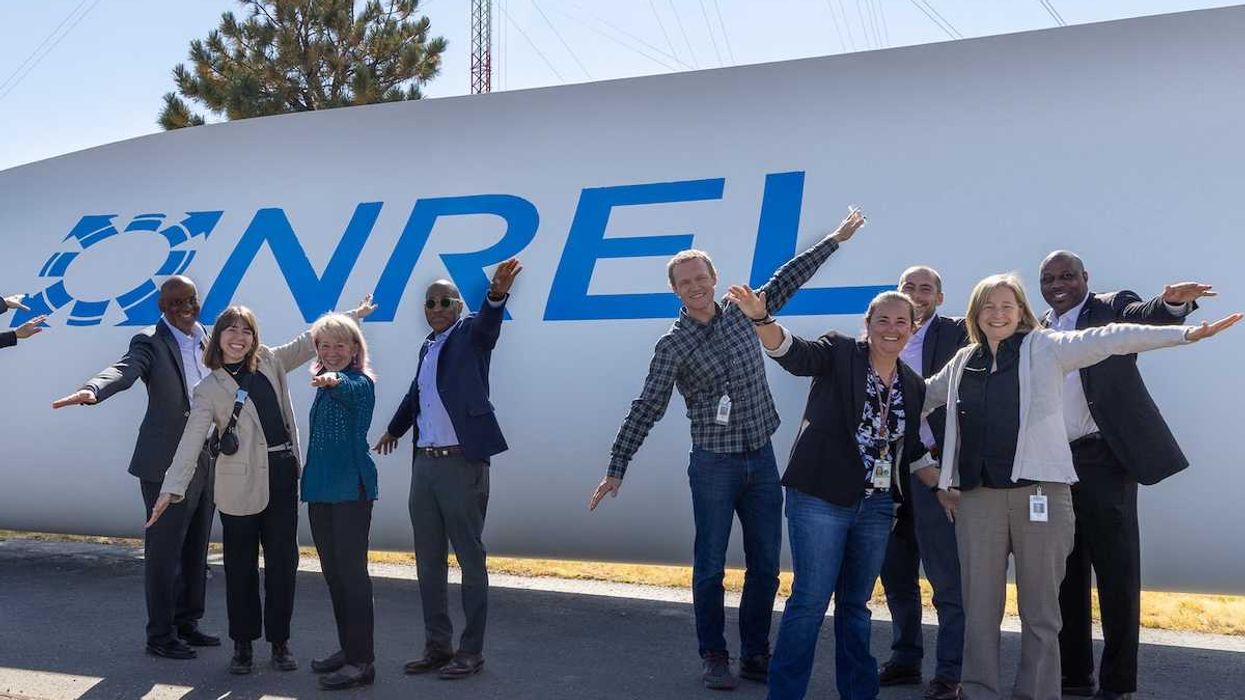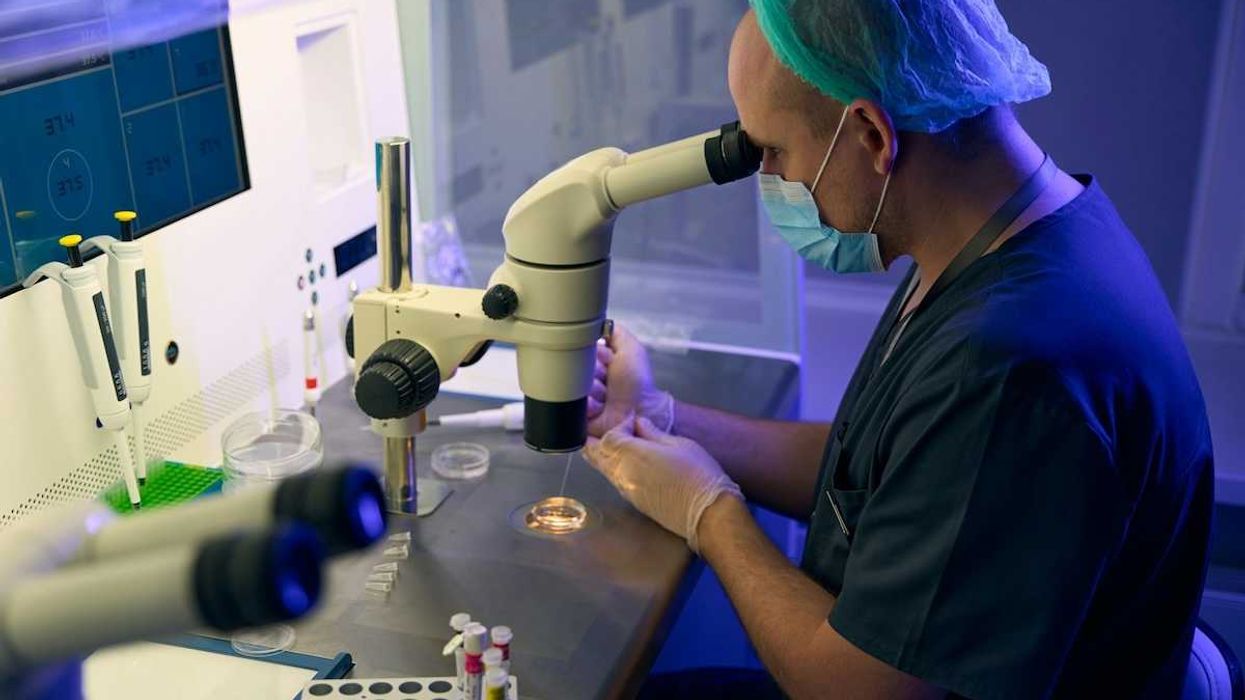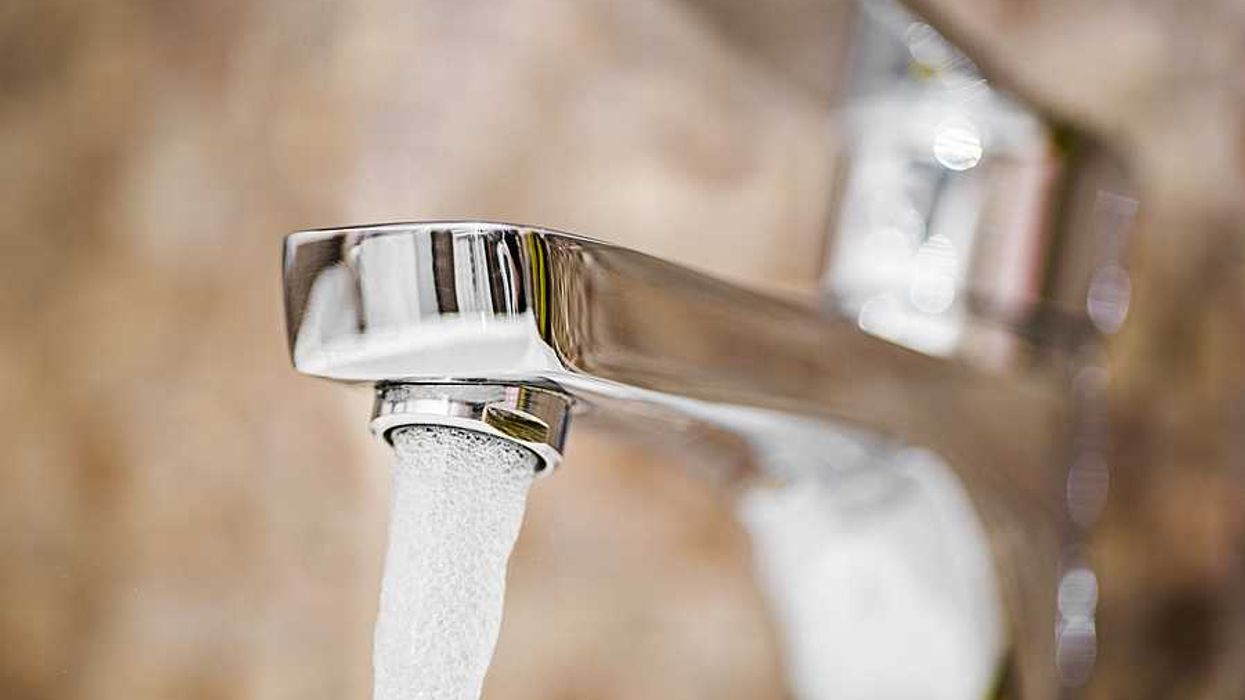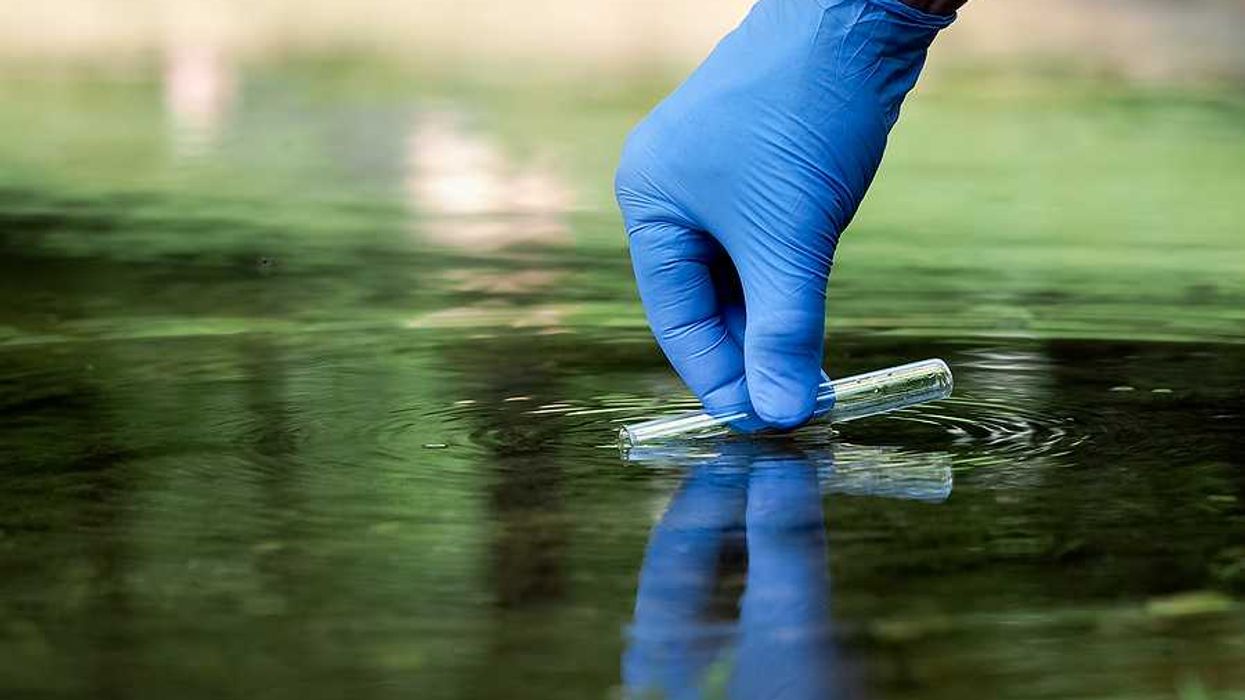After being diagnosed with early-onset Parkinson’s, a Canadian veteran discovered a toxic legacy at her workplace, and she’s not the only one getting sick.
Leah Borts-Kuperman reports for The Narwhal.
In short:
- Erin Zimmerman, a military veteran and public servant, linked her neurological illness to exposure to toxic chemicals while working in Building 143 at CFB Moose Jaw, which sits atop known contamination.
- PFAS and other dangerous substances like BTEX and PAHs have been found in high concentrations across the base, and dozens of employees report cancers, infertility, and autoimmune disorders.
- Despite years of military pollution and employee testimonies to Parliament, Canada’s Department of National Defence denies the base is unsafe, offering little transparency or compensation.
Key quote:
“You sign on that dotted line, the expectation is you’re going to die for your country. Well, dying doesn’t mean I should get sick because of a chemical [the government] didn’t clean up properly.”— Lynn Point, former employee at CFB Moose Jaw
Why this matters:
There’s a familiar story playing out here, one with echoes from Camp Lejeune to Grassy Narrows. It’s about institutions that pollute, then pretend it never happened. Erin Zimmerman’s fight isn’t just about her own health — it’s about breaking the silence that often blankets these places, the kind of bureaucratic amnesia that lets Canada's Department of National Defence deny, delay, and deflect while workers get sick. Testimonies have poured into Parliament, but the official line remains: Nothing to see here.
Read more:














